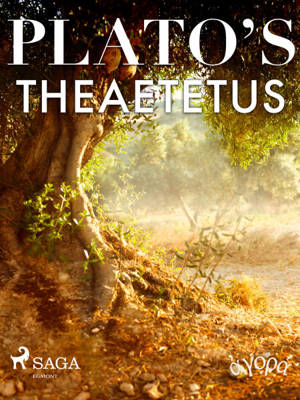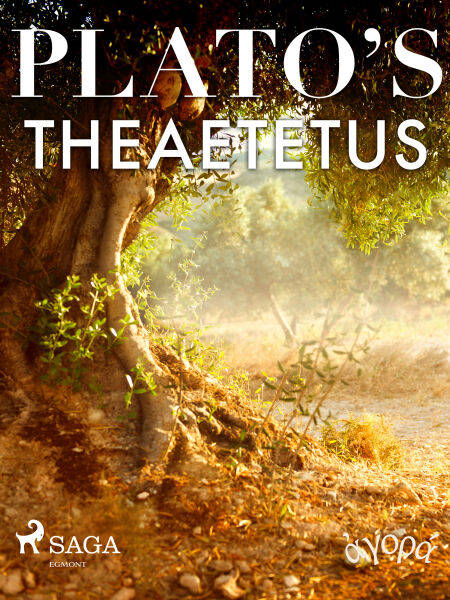
- Afhalen na 1 uur in een winkel met voorraad
- Gratis thuislevering in België vanaf € 30
- Ruim aanbod met 7 miljoen producten
- Afhalen na 1 uur in een winkel met voorraad
- Gratis thuislevering in België vanaf € 30
- Ruim aanbod met 7 miljoen producten
Zoeken
Omschrijving
Perception, memory, truth, and knowledge all play major roles in this dialogue. What is remarkable about Plato’s treatment of those ideas is how contemporary are both the questions and the answers he puts in the mouths of his characters. Socrates is adamant in asserting that he does not know the answers but that his function is simply to help formulate and critically examine the doctrines presented by others. While he was still alive, the great sophist Protagoras was a friend of Theodorus who has subsequently given up abstract philosophical inquiry and now teaches mathematics, astronomy, and logic to young people such as Theaetetus, the most gifted student he has ever encountered. Socrates examines young Theaetetus to determine whether or not what he has learned from Theodorus provides wisdom and truth. The analogies and metaphors that emerge during their conversation foreshadow the theories of mind favored by contemporary cognitive scientists, but Plato’s dialogue also raises serious doubts about the cogency of those explanations.
Specificaties
Betrokkenen
- Auteur(s):
- Uitgeverij:
Inhoud
- Aantal bladzijden:
- 99
- Taal:
- Engels
Eigenschappen
- Productcode (EAN):
- 9788726627619
- Verschijningsdatum:
- 30/07/2020
- Uitvoering:
- E-book
- Beveiligd met:
- Digital watermarking
- Formaat:
- ePub

Alleen bij Standaard Boekhandel
+ 8 punten op je klantenkaart van Standaard Boekhandel
Beoordelingen
We publiceren alleen reviews die voldoen aan de voorwaarden voor reviews. Bekijk onze voorwaarden voor reviews.











